As Artificial Intelligence (AI) begins to find practical applications in day-to-day life, we are hearing more and more about it. In amongst the success stories are countless warnings of a Terminator-like future where self-aware robots take over the world.
So how can you separate fact from fiction, and could humanity really be eradicated by intelligent computers?
Computers will be more intelligent than people within the next 50 years – MYTH
Computer scientists are still divided over whether artificial intelligence will ever outperform humans. Computers are capable of storing and analysing huge amounts of data – much more than people – but they lack the intuition that makes us human.
Whether AI becomes more intelligent, or is able to appear more intelligent than us, remains unclear. Without the ability to display and read emotions, AI will never have the complete skillset that defines human intelligence.
Artificial Intelligence will destroy humanity – MYTH
Many philosophers ask the question, ‘What happens if machines achieve self-awareness?’ If AI can think for itself, could it act for itself? And what would it do to protect itself?
These questions formed the basis for The Terminator, and the movie has been scaring ordinary people ever since. Could AI wipe out humanity if it felt threatened?
The answer is…probably not. Artificial Intelligence systems run according to pre-defined parameters, helping to ensure they stay on track, solving the problems for which they were invented. Unless someone makes a mistake creating these parameters, the system is unlikely to develop “evil” tendencies.
AI can control people – FACT
We tend to think that only other humans can control us because we interact with them in the real world. But the reality is that our thoughts, feelings and emotions are manipulated by machines all the time.
Many of the adverts we see online are already designed and targeted using AI. Take Amazon for instance – they keep a record of every product you ever search for. AI then uses that information to arrange for you to see adverts for those products on other websites you visit. Known as “retargeting”, by continually showing us the same product AI begins to influence our interests – and many people do end up making a purchase.
As AI develops, these techniques will become more effective. AI may not completely “control” us, but it can certainly motivate us to act in specific ways.
AI is hack-proof – MYTH
Just because AI demonstrates intelligence, it is still little more than a complex computer program. Which means that it can be hacked.
Sophisticated cybercriminals could change the parameters used to control the AI system, allowing it to develop in unexpected ways – such as gaining Terminator-style self-awareness. More likely, AI will be directed to perpetuating other criminal activities, like bank fraud.
The future of AI isn’t really scary at all
As AI develops, systems may get better at identifying cyberattacks and protecting themselves. But for the foreseeable future, AI will need the same protections as your notebook computer – a decent anti-malware application, protected by a firewall to monitor network connections and block malicious activity.
Although you probably don’t have much dealing with AI in your house, there’s no reason to leave your computers unprotected. Download a free trial of Panda Protection and keep hackers away from your personal data.

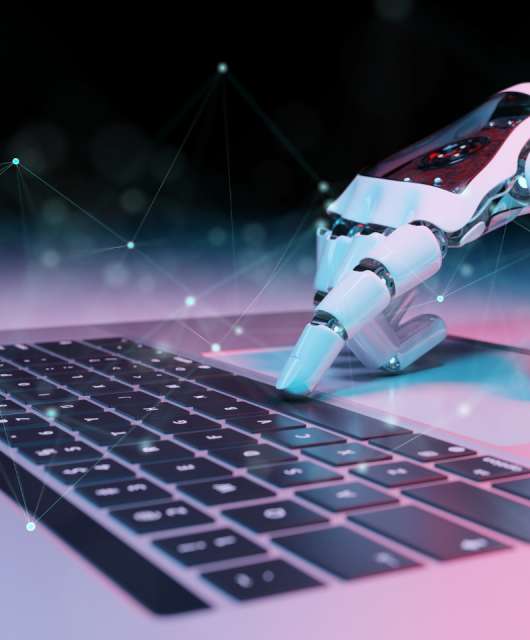
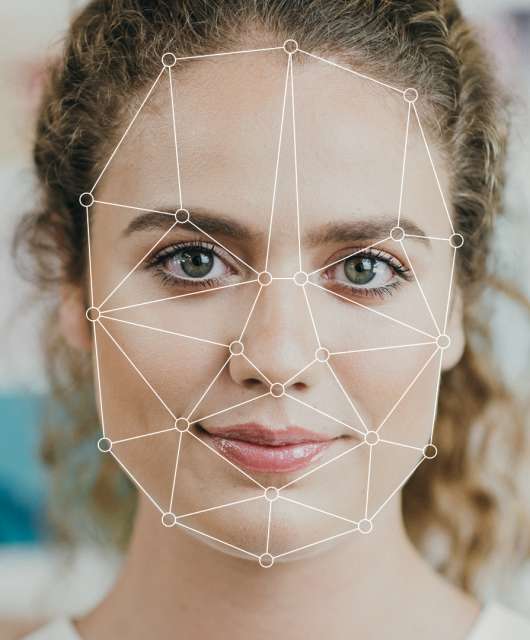
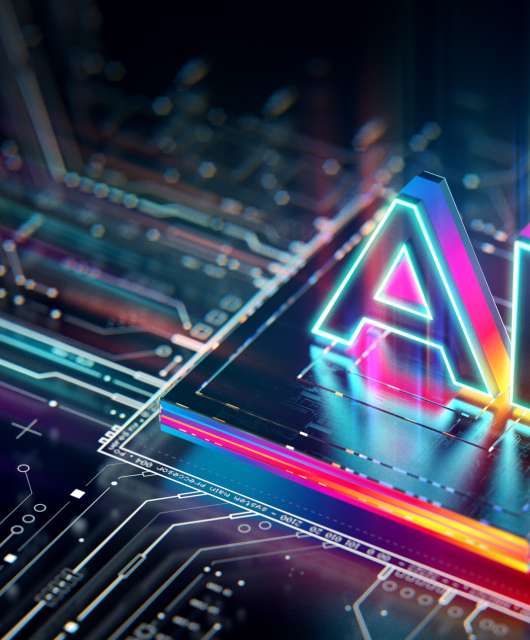
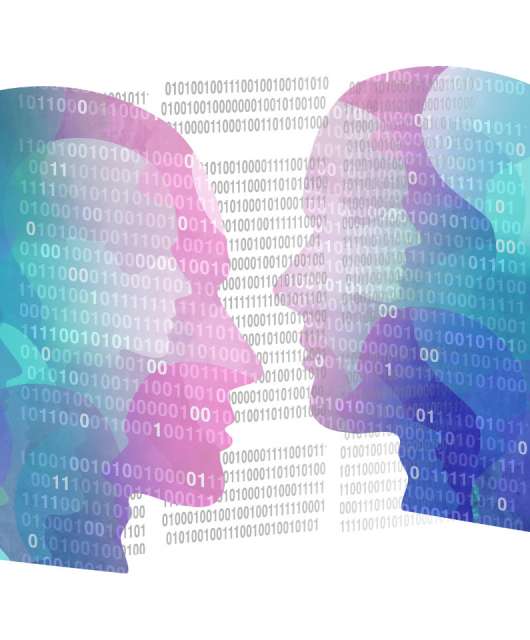
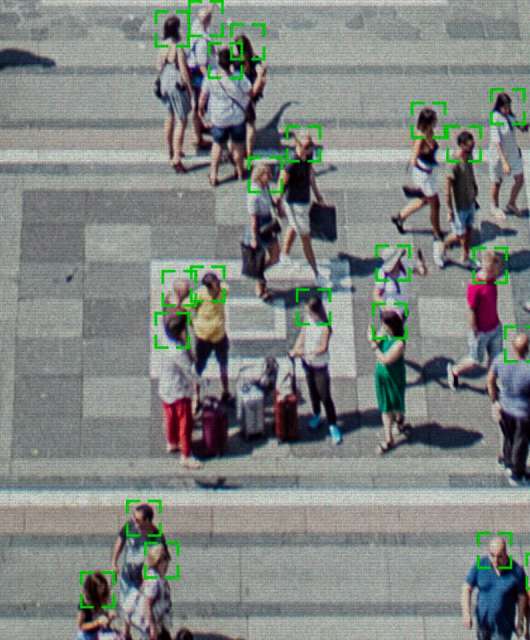

9 comments
GOSTEI MUITO BOM
Muito obrigado e cordialmente
MUITO BOM.
Muito obrigado e cordialmente
Today every tech organization, whether a startup or a corporation, have AI in their offerings, in some way or the other. There are many myths that people don’t know about and misjudge it according to that.